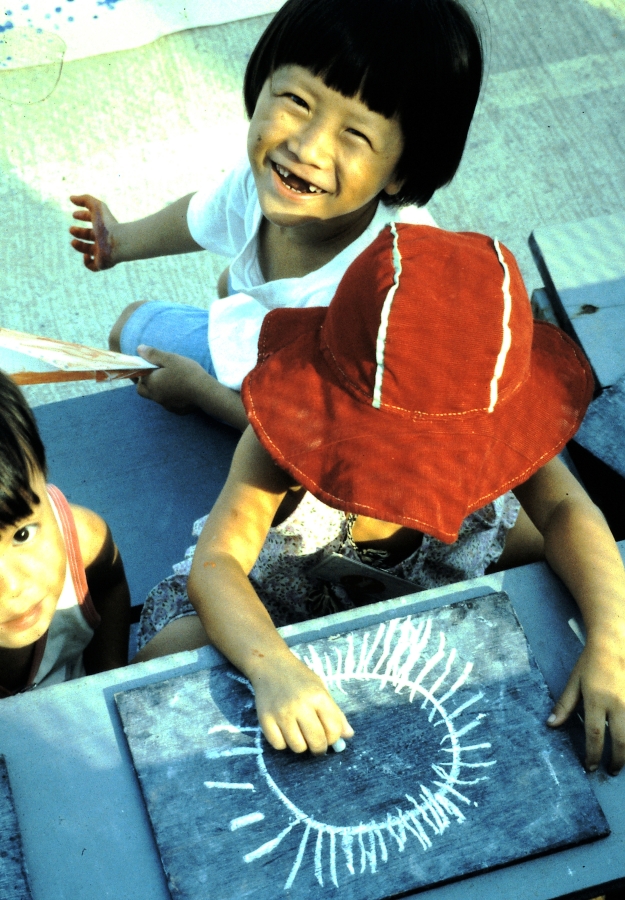My friend Eric is moving to New Zealand. It’s been a fascinating process to watch so far beginning with the job application all the way to getting the freight container packed up. I’m not interested because moving house is new to me. Moving is not alien to me. We’ve moved five times since we’ve been married and 3 of those moves happened within a 5 years period. Each time has been an upheaval as well as an opportunity to clear out the rubbish and make a fresh start.
But we’ve always moved with the confidence of knowing that within 24 hours our stuff will begin to fill a new home and that getting on with our lives will commence very soon. Eric’s move is more life changing than that. Right now all his stuff is in a container that will take months to get to his new home. It may have to suffer pirates, strikes, customs officials, removal men and ships’ crews.
Eric’s ongoing obsession over the last few weeks has been over what to put in his 23kg luggage allowance. It’s understandable that he is pondering this because he has to wait three months before the rest of his life arrives. Of course he’s packed clothes and necessities. That’s a given. The deeper philosophical questioning goes beyond the simple “what do I take?”. The real question is “what can’t I live without?”. What can’t live in a container for 3 months because I will be diminished without it? What can’t I risk not turning up because the container ship sank?
I know Eric would point to his family, his faith and his knowledge. But we are physical and material people for whom physical and material things help us to make sense of the world and our place in it. As westerners, we accumulate so much stuff that we don’t need but that doesn’t mean it is all unnecessary.
For instance, the picture at the top of this post is one I took in a refugee detention centre in Hong Kong in 1993 when I visited there while working for Save the Children. It wasn’t a place I expected to find smiling children, chalk drawings of the sun and all the noises and bustle that go with childhood. That picture hangs on my wall in a prominent place. It reminds me of a once in a lifetime trip. It spurs me to wonder what those children, who are in their 20’s now, are up to. It challenges me to see that no matter what the conditions we find ourselves in, the image of God will still attempt to shine through us. That photo is an icon for me. My world would be altered without it. It definitely would be in my 23kg.
I still don’t know what is in Eric’s bag and perhaps he would be kind enough to let us know what he is taking on his journey. And maybe his journey to New Zealand is an unexpected prompt for you, dear reader, to reflect on what you are taking on your journey that can’t be assigned to an oceangoing container for 3 months because it sustains you daily. Maybe if you feel very courageous, you’ll share that with the rest of us too.
